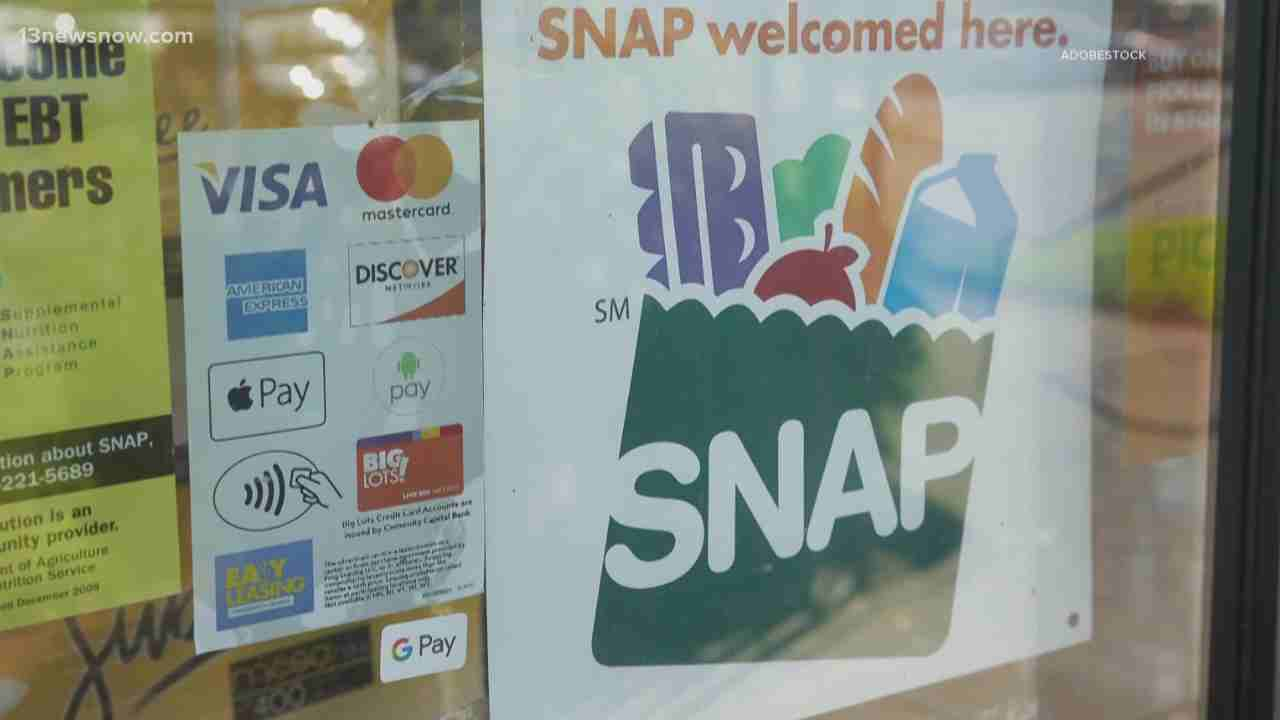The SNAP food assistance program could face a serious pause next month if the federal government doesn’t reopen soon. Louisiana and several other states have already warned that November benefits may not go out on time, leaving millions of Americans unsure how they’ll afford groceries.
For many families, SNAP also known as food stamps is the main source of help to buy essentials. But with the government shutdown dragging into its fourth week, the money simply can’t move.
SNAP: how the shutdown threatens food assistance
More than 42 million Americans rely on SNAP every month, according to federal data. In Louisiana, the situation is especially urgent: over 16% of the population, around 850,000 people, depend on these benefits. The U.S. Department of Agriculture (USDA) runs SNAP, but the agency can’t send new payments without funding from Congress. Even though the program is mandatory, it still needs active budget approval to operate.
With no deal in Washington, the USDA says it cannot distribute funds beyond those already covered which means no November benefits unless lawmakers act fast.
Louisiana, Florida, and California first to sound the alarm
Louisiana Governor Jeff Landry confirmed that, starting November 1, no new benefits will be issued unless the budget impasse is resolved. Households can still use any remaining balance from October, but there will be no reload for the new month.
Florida officials said payments for its 2.9 million recipients may be delayed. California’s Department of Social Services warned that if the shutdown continues beyond October 23, roughly 5.5 million residents could lose access to benefits. Minnesota, Wisconsin, and North Carolina have also released similar alerts.
Why this matters for millions of Americans
SNAP is one of the largest anti-hunger programs in the U.S., and interruptions hit hardest at the end of each month when families’ budgets are already stretched thin. A delayed deposit can mean skipping meals or relying on food banks that are often already over capacity.
Community organizations across several states have started preparing emergency plans to cover potential gaps if the shutdown extends into November. But those efforts won’t be enough if Congress doesn’t move quickly to restore funding.
If lawmakers approve a temporary budget in the coming days, the USDA says benefits will resume automatically, and recipients won’t need to reapply. But for now, millions of families are waiting and the clock is ticking toward the first of the month.

